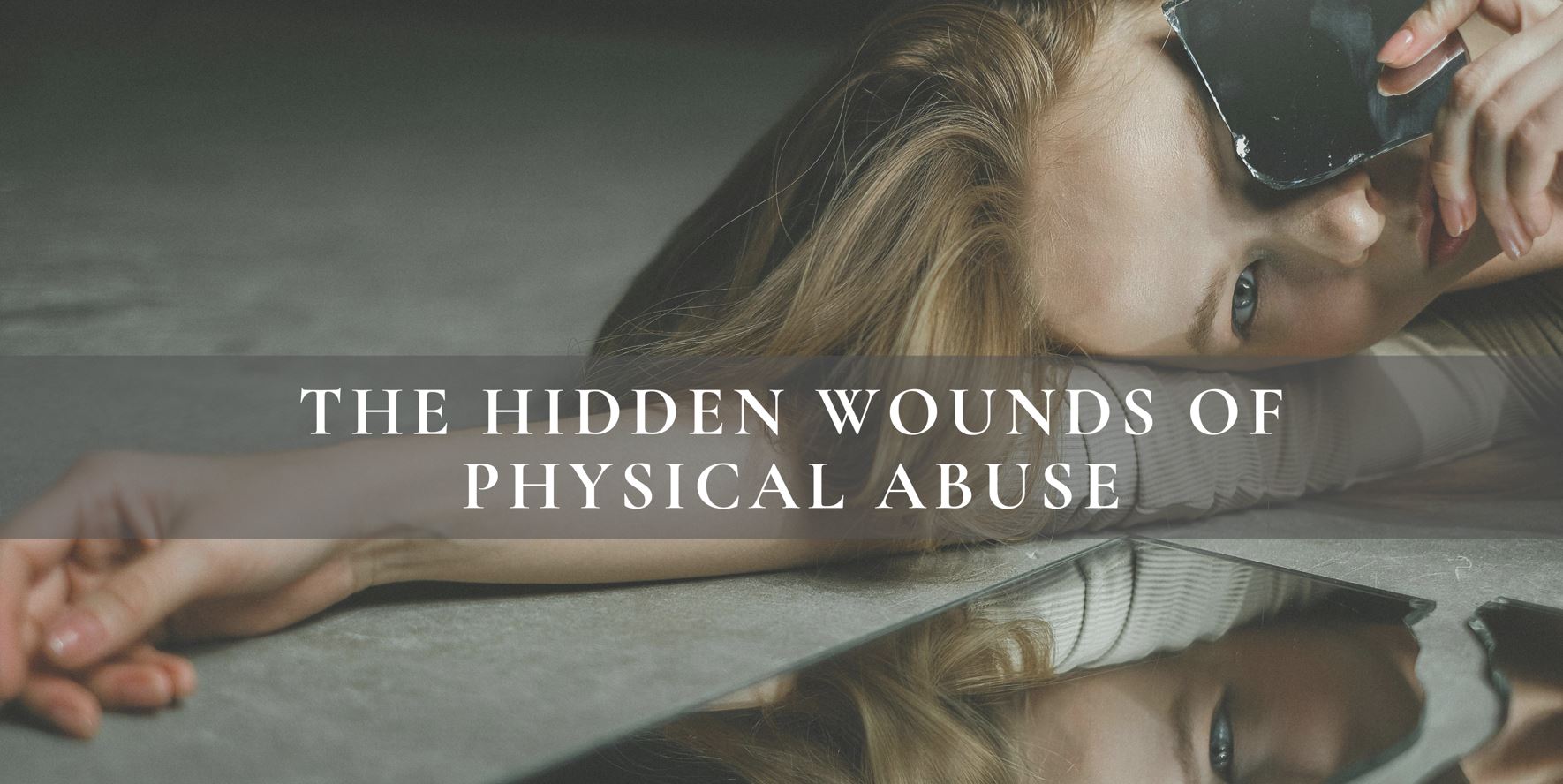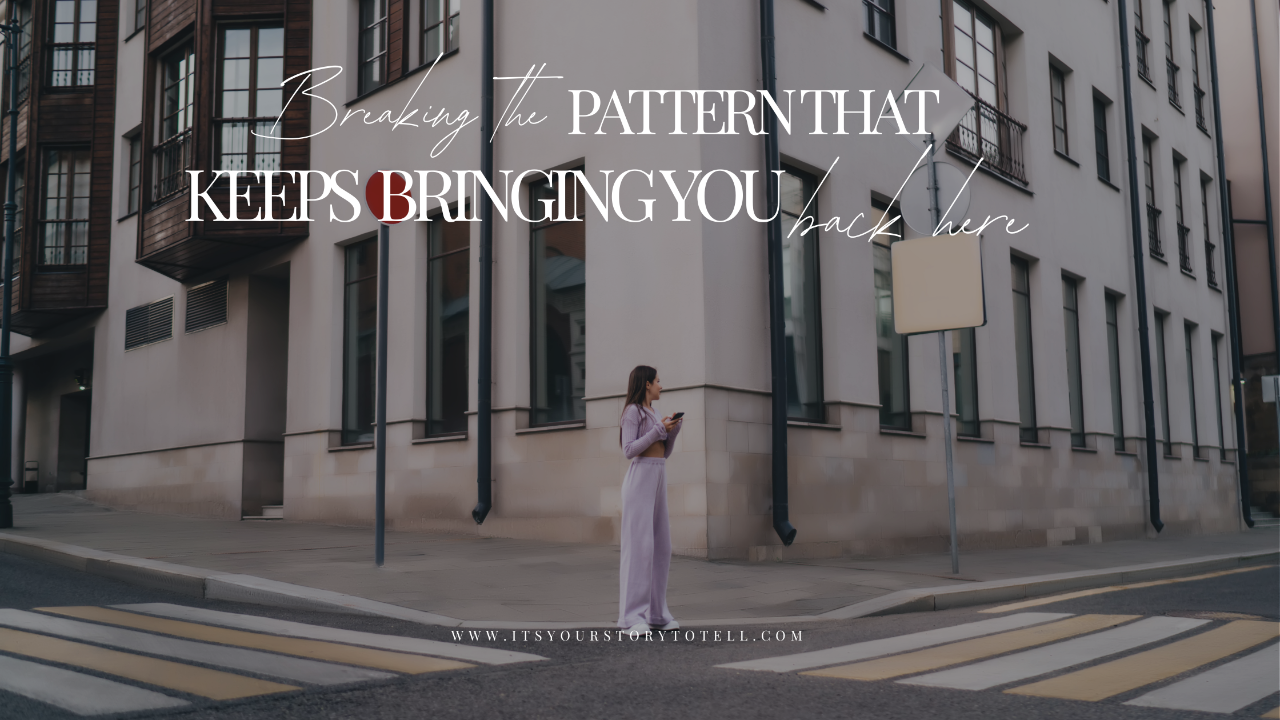When Love Becomes Harm: Understanding Gaslighting, Emotional Abuse, and the Path to Healing
May 11, 2025
What happens when the person you promised forever to becomes the very one who chips away at your worth—quietly, gradually, until you barely recognize yourself?
This isn’t the dramatic kind of pain you see in movies. It’s subtle. It’s slow. And it’s devastating.
In many toxic and abusive relationships, especially those that are emotionally or spiritually manipulative, the most damaging weapon isn’t a shout—it’s a whisper. It’s the re-writing of your reality, the dismissal of your feelings, the subtle turning of the tables until you begin to question your own perception of truth.
This is gaslighting, and it’s one of the most insidious forms of emotional abuse.
What Is Gaslighting?
Gaslighting is a psychological manipulation tactic where one person causes another to doubt their own memories, perceptions, or sanity. It’s not always obvious. In fact, it often starts with statements like:
- “You’re too sensitive.”
- “That never happened.”
- “You’re imagining things.”
- “You’re just being dramatic.”
According to psychologists, gaslighting works by slowly distorting a person’s sense of self and reality. Over time, the victim begins to distrust their own emotions, memory, and instincts—often deferring to the abuser’s version of events just to keep the peace or avoid conflict.
How Psychological Abuse Feels
Psychological abuse doesn’t leave bruises, but it leaves deep internal scars. If you are experiencing it, you might feel:
- Confused all the time, like you can’t trust your own thoughts
- Anxious around your partner or like you’re always walking on eggshells
- Responsible for everything going wrong—even things outside your control
- Guilty for having needs, opinions, or boundaries
- Powerless, like you’ve lost your voice or identity
- Unseen or erased, even though you're physically present in the relationship
- Emotionally numb or detached from your body, like you're in survival mode
Victims of psychological abuse often experience symptoms similar to PTSD—hypervigilance, panic attacks, difficulty sleeping, and emotional dysregulation. According to research in the Journal of Emotional Abuse, survivors often struggle with long-term effects like low self-esteem, shame, and difficulty forming healthy relationships in the future.
And the worst part? When dysfunction has been normalized, you may not even recognize the abuse until you're deeply entangled in it.
The Power of Seeing Clearly: Marisol’s Story
In this week’s intimate and deeply moving episode of It’s Your Story to Tell, I sit down with my dear friend, Marisol Serrate, to talk about what it means to finally see clearly after decades of emotional confusion and spiritual wrestling.
Marisol and I met in the late 2000s, both part of a women’s ministry group called Destined to Reign. At the time, we were simply two women trying to be faithful wives and godly mothers. But neither of us realized the emotional abuse that was quietly suffocating us behind closed doors.

For over 25 years, Marisol stayed in an abusive marriage. She vulnerably shares:
- The red flags she tried to ignore
- The emotional toll of staying silent
- How trauma shaped her beliefs about love, submission, and her own worth
- The pivotal moments that helped her reclaim her truth and voice
She explains how abuse can feel like fog. You think you’re being loyal. You think you’re “trying harder.” But really, you’re slowly disappearing.
Marisol's story is one of rediscovery and grace. She began to recognize that God does not call us to suffer in silence or abandon ourselves for the sake of appearances. Her healing journey involved community, faith, and finally naming what had gone unnamed for far too long.
Today, she stands in quiet strength as a voice of compassion and truth—serving as a board member for It’s Your Story to Tell and ministering to women who are still trying to find their way out of the dark.
Why Getting Help Matters
If you feel like you’re losing yourself in a relationship—emotionally, mentally, spiritually—it is not just in your head. Emotional abuse is real. It’s serious. And it requires support.
Help can look like:
- Talking to a therapist, coach, or spiritual leader
- Reaching out to trusted friends or family
- Creating a safety plan if needed
- Learning to rebuild your self-worth, one truth at a time
You deserve to feel safe. You deserve to be heard.
And you are not “too broken” to begin again.
Your Story Can Become Someone Else’s Light
Marisol’s journey is living proof that even the most silenced voices can rise again. That even after decades of confusion and harm, it is possible to reclaim your identity, your dignity, and your peace.
If you have a story to share and want to use it to make a difference—whether as a speaker, coach, advocate, or simply as a woman who wants to turn her pain into purpose—you’ll want to check out my self-paced course: Becoming a Storyteller & Creating Impact.
For just $49, this course will help you:
- Clarify and own your story
- Speak your truth with confidence
- Use your experience to inspire, support, and lead
You don’t have to have it all figured out.
You just have to be willing to start.
🎧 Listen to Marisol’s full story on the podcast.
Join Becoming a Storyteller & Creating Impact and learn how your voice can bring healing—to yourself and to others.
Because your story isn’t over.
And it was never meant to stay silent.
View The Entire Collection
See all our blog posts to discover valuable insights and tools for navigating trauma and healing with guidance and support.












